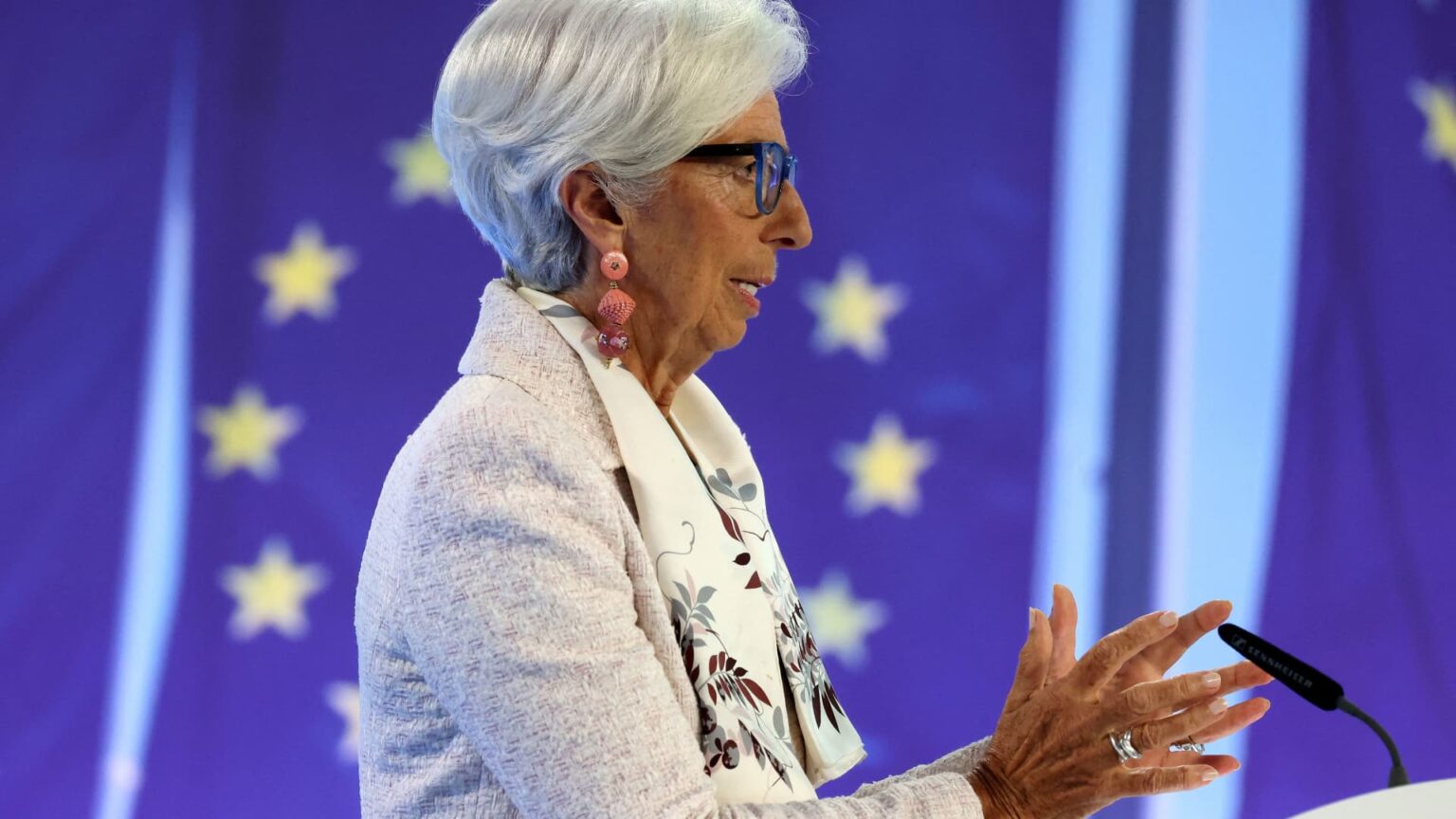The European Central Bank on Thursday announced a 10th consecutive hike in its main interest rate, as the fight against inflation took precedence over a weakening economy.
The unprecedented series of rate rises has now hauled the central bank’s deposit facility from -0.5% in June 2022 to a record 4%. A key reason for the hike appeared to be upward revisions in newly-published staff macroeconomic projections for the euro area, which see inflation averaging at 5.6% this year, 3.2% next year and 2.1% in 2025.
While the ECB has firmly signaled its next moves in previous meetings, economists and analysts were divided over whether the doves or hawks in Frankfurt would win out in September.
Money markets indicated a roughly 63% chance of a hike through Thursday morning, up from a more even split in recent days.
Oil market reports suggesting tighter supply and higher prices through the rest of the year and beyond have fueled inflation fears; while a Reuters article on Wednesday suggesting the ECB now expects euro zone inflation to remain above 3% in 2024 appeared to increase market bets on a rate hike. The report came from a source ahead of the release of its quarterly projection Thursday.
Headline consumer price inflation in the bloc was 5.3% in August, the same level as core inflation, which strips out food and energy costs.
ECB President Christine Lagarde said in a speech last month in Jackson Hole that the fight against inflation was “not yet won.” However, some had believed the central bank would delay further hikes until October given worsening economic indicators, particularly in Germany.
Europe’s biggest economy has shown continued deterioration, with business sentiment plummeting and services now declining along with manufacturing.
Germany is forecast to be the only major European economy to contract this year — though the wider picture is also downbeat, with euro zone business activity declining in August to its lowest level since November 2020.
This is a breaking news story, please check back later for more.
Read the full article here










